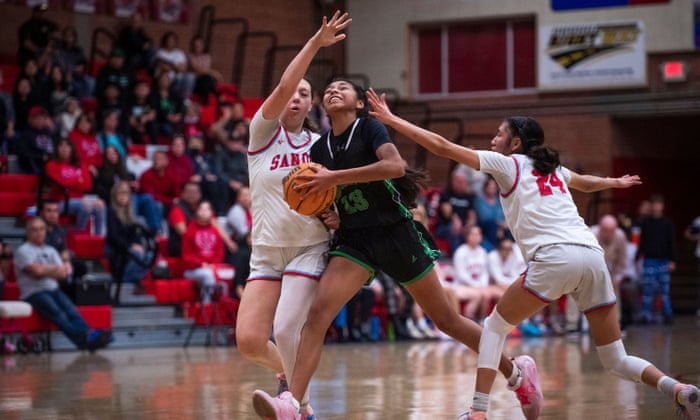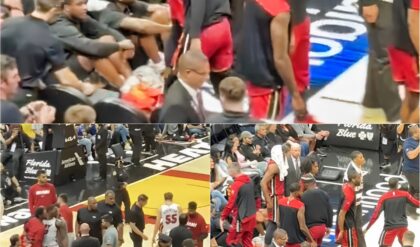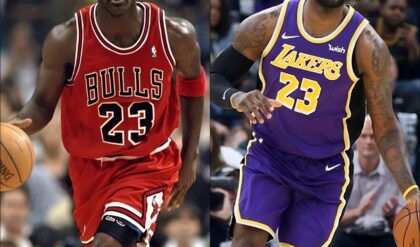A women’s basketball team made the difficult decision to forgo a playoff game rather than play a team with a biological male player….
Girls basketball team forfeits playoff game refusing to play against biological maleThis decision, driven by concerns over fairness and safety, has ignited a passionate debate within the community and beyond, bringing national attention to the complex and often contentious issues surrounding gender identity in sports.
The Decision to Forfeit
The team’s decision to forfeit was not made lightly. It stemmed from a commitment to what they believe is a fundamental principle of fairness in competitive sports. Parents, coaches, and players voiced concerns that competing against a biologically male athlete, despite their gender identity, could result in an uneven playing field and potential safety risks.
Advocates for Transgender Inclusion
On the other side of the debate, advocates for transgender inclusion argue that all athletes should be allowed to compete according to their gender identity. They emphasize the importance of inclusivity and the right of every individual to participate in sports without discrimination. These advocates highlight that excluding transgender athletes from competitions can contribute to stigma and marginalization, which can have severe emotional and psychological impacts.
The Ongoing Debate
This incident has brought the broader, ongoing struggle to balance inclusivity with equity in youth athletics into sharp focus. Supporters of the girls’ team’s decision argue that biological differences, particularly in strength and speed, can create significant advantages in competitive sports, thus compromising the principle of fair competition. They call for the establishment of clear policies that ensure a level playing field while respecting the rights of all athletes.
National Attention and Reactions
The forfeit has drawn national attention, with opinions sharply divided. Some applaud the girls’ team for taking a stand on what they perceive as a matter of integrity and sportsmanship. Others criticize the decision as exclusionary, arguing that it undermines efforts to create a more inclusive and accepting society. The incident has prompted calls for sports governing bodies to develop more nuanced and balanced policies regarding transgender athletes.
The Complexity of Gender Identity in Sports
This situation underscores the complex issues surrounding gender identity in sports, where the goals of inclusivity and fairness can sometimes seem at odds. As society continues to grapple with these challenges, it is clear that thoughtful, compassionate, and evidence-based approaches are needed to navigate this evolving landscape.
Looking Forward
As the debate continues, there is a growing recognition that a one-size-fits-all approach may not be adequate to address the diverse needs and concerns of athletes. Policymakers, sports organizations, and communities are being called upon to engage in open, respectful dialogue to find solutions that honor both the spirit of competition and the rights of all participants.
Conclusion
The forfeiture of the playoff game by the girls’ basketball team is a poignant reminder of the ongoing struggle to reconcile inclusivity with equity in sports. It reflects broader societal challenges and highlights the need for continued conversation and thoughtful policy-making to ensure that all athletes can compete in an environment that is both fair and inclusive.







